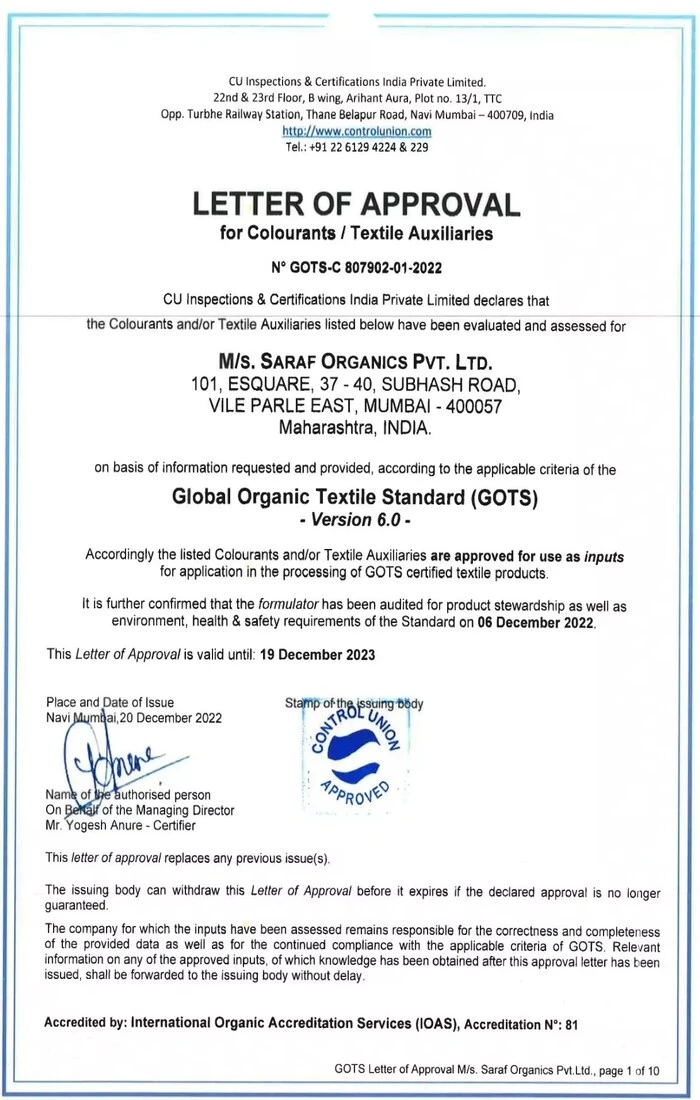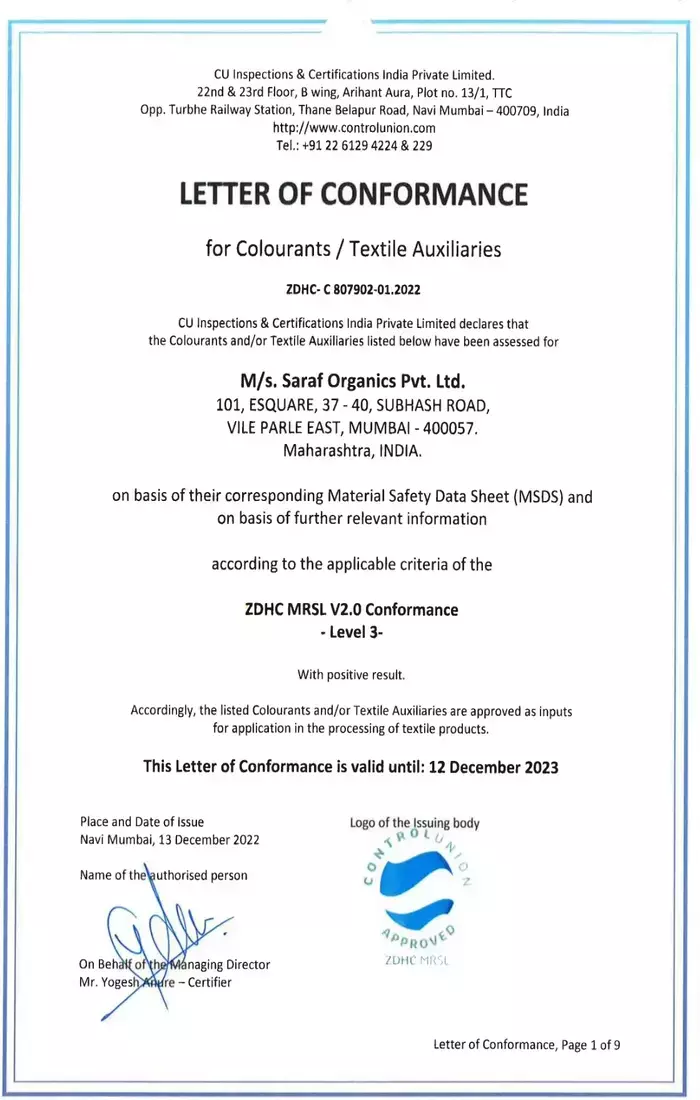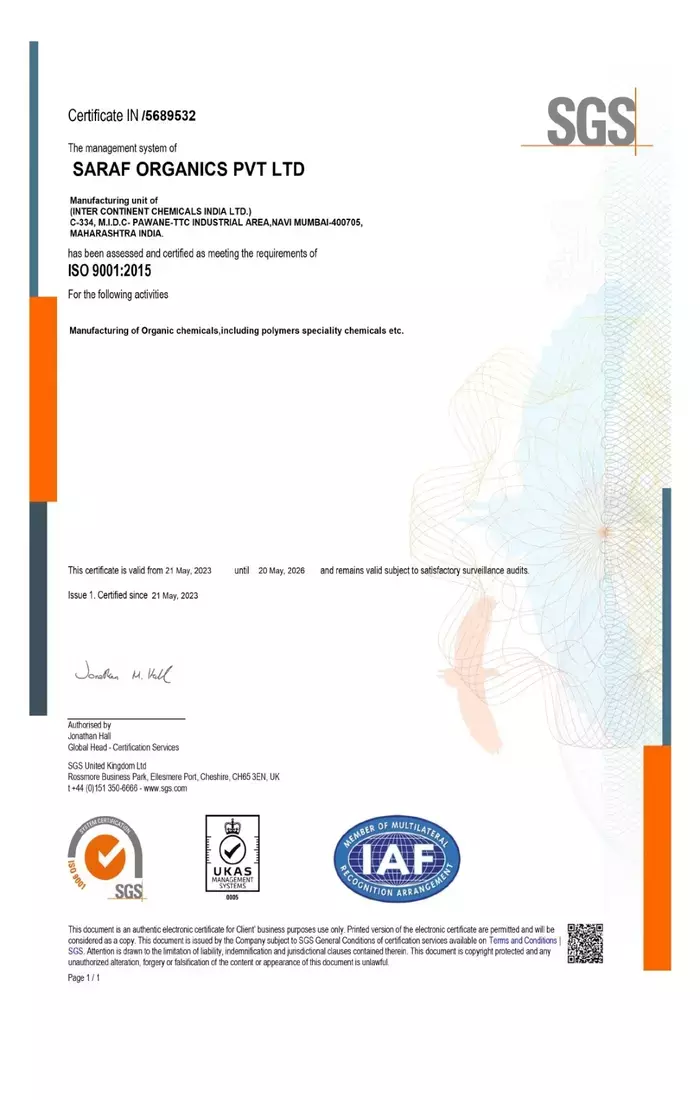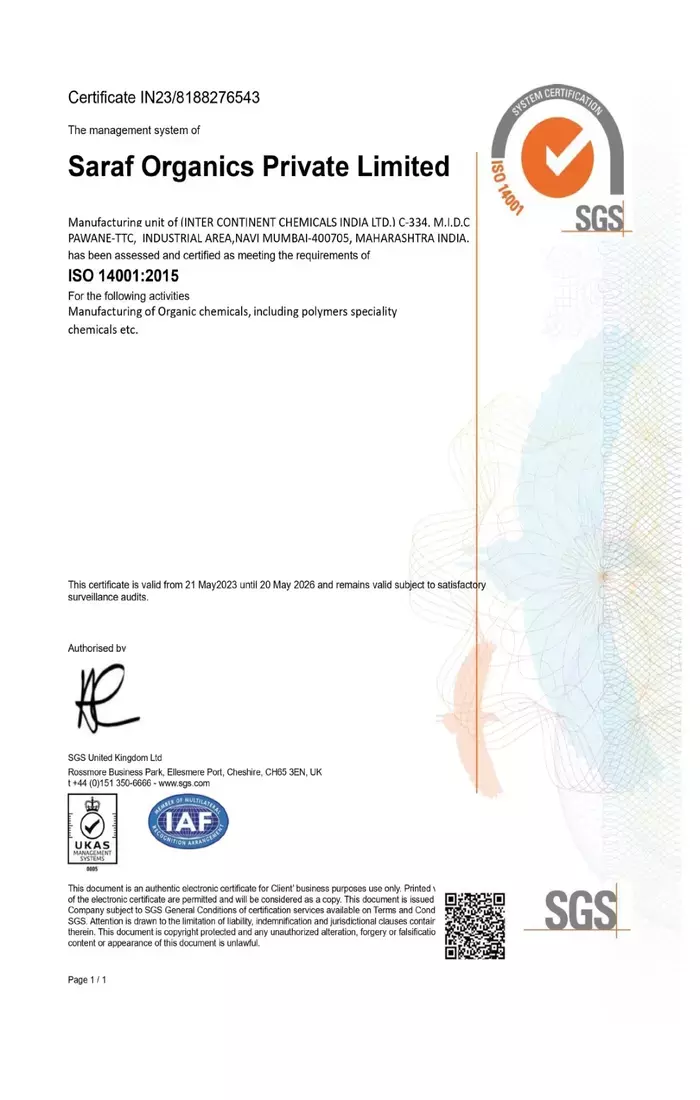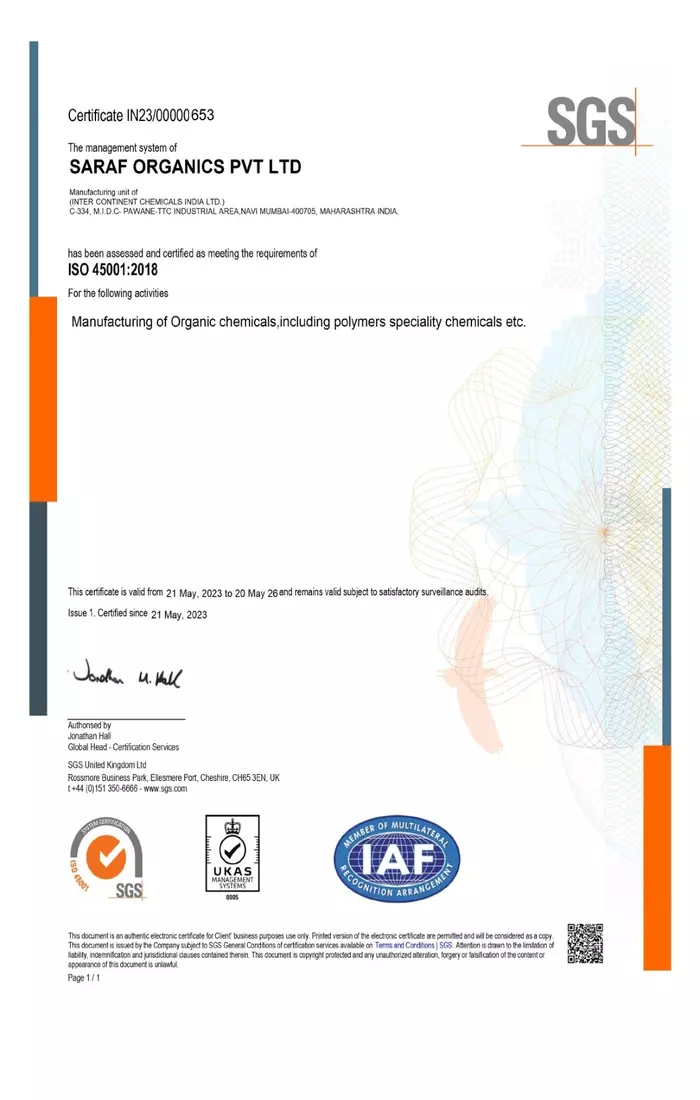Block silicones in textile chemicals
- Silicone Polymers
- Functionality in Textiles
- Hydrophobic Properties
- Application Methods
- Compatibility
- Environmental Considerations
Smooth Feel
Silicones provide a silky and lubricious feel to fabrics, improving their overall hand feel.
Reduced Friction
They reduce friction between fibers, enhancing the fabric's drape and reducing static electricity
Durability
Silicones are known for their durability, and fabrics treated with block silicones often exhibit long-lasting softness and smoothness.
Wash Fastness
The softening effect is generally retained through multiple wash cycles.




